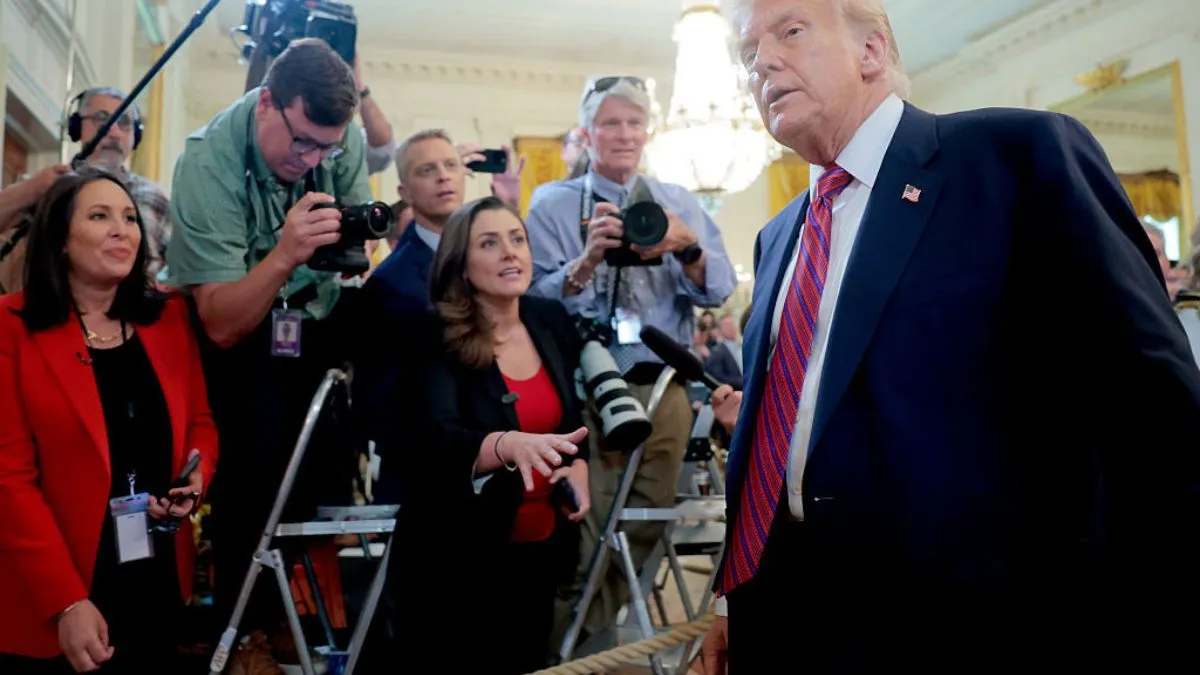Erika Evans once had what she considered a dream job, working as a federal prosecutor in Seattle. For nearly four years, she served as an Assistant U.S. Attorney, proud to be part of the Justice Department and deeply committed to public service. But when Donald Trump returned to the White House, things began to change inside the DOJ. And for Evans, it didn’t feel like the same place anymore.
She started noticing shifts in priorities and values, moves that didn’t align with the reasons she joined the department in the first place. According to Evans, one of the most troubling changes was the rollback of diversity and inclusion programs. Federal diversity officers were being placed on administrative leave, and new guidance reportedly told staff they could report colleagues involved in diversity work and avoid disciplinary action if they did it within 10 days. Evans described it as a shocking moment. “We were getting notices to report on colleagues doing diversity work,” she said, calling the environment “crazy” and uncomfortable. That was the final straw. She made the difficult decision to walk away from her role.
Now, she’s taking her experience and values in a new direction, running for public office. Evans is campaigning to become Seattle’s next city attorney, and if elected, she would be the first Black person in the city’s 150-year history to hold that position. Her campaign is focused on tackling hate crimes, protecting tenants from housing discrimination, and fighting against wage theft. She also says her family’s history of standing up against injustice inspired her to run.
Evans is not alone. Across the country, former federal workers who left their jobs during or after Trump’s presidency are stepping into the political spotlight. Some left voluntarily, like Evans, while others were forced out. But many share the same goal: to push back against what they see as harmful policies from the Trump administration and to advocate for more equitable government. For example, Ryan Crosswell, another former DOJ lawyer, left after the agency dropped a corruption case. He’s now running for Congress in Pennsylvania.
Groups like Run for Something and Emerge are helping candidates like Evans prepare to run for office. These organisations are focused on training women, people of colour, and others with public service backgrounds to become effective political leaders. Evans completed Emerge’s training before launching her campaign.
She is one of four people running for Seattle city attorney. Among them is current officeholder Ann Davison, a Republican who has support from some moderate Democrats. But Evans has the backing of Washington State Attorney General Nick Brown, and she has made it clear she plans to work closely with him if elected. The city’s top two vote-getters in the August 5 primary will move on to the general election.
Evans says her decision to run is about more than politics, it’s about defending the values she believes in. “The strength of our country is its diversity,” she said. “And when that’s under attack, that’s something we should all be caring about.”


